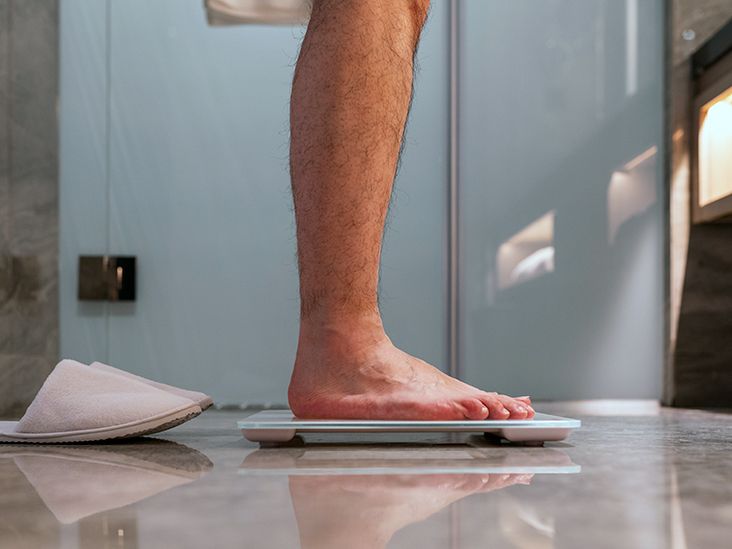aparsonsmoore
Member
- Relationship to Diabetes
- Type 2
Hi all
Apologies if I have breached any posting rules, but wondered about technology that people had purchased to deal with diabetes - I'm not talking glucose monitors, but smart scales etc. For example, I decided to purchase a Galaxy Watch for exercise monitoring and a set of Renpho Smart Scales.
The watch is slightly disappointing, do everything consistently well aside from recording my cycle rides (the very thing I bought it for). On the other hand, the scales are brilliant.
Apologies if I have breached any posting rules, but wondered about technology that people had purchased to deal with diabetes - I'm not talking glucose monitors, but smart scales etc. For example, I decided to purchase a Galaxy Watch for exercise monitoring and a set of Renpho Smart Scales.
The watch is slightly disappointing, do everything consistently well aside from recording my cycle rides (the very thing I bought it for). On the other hand, the scales are brilliant.



